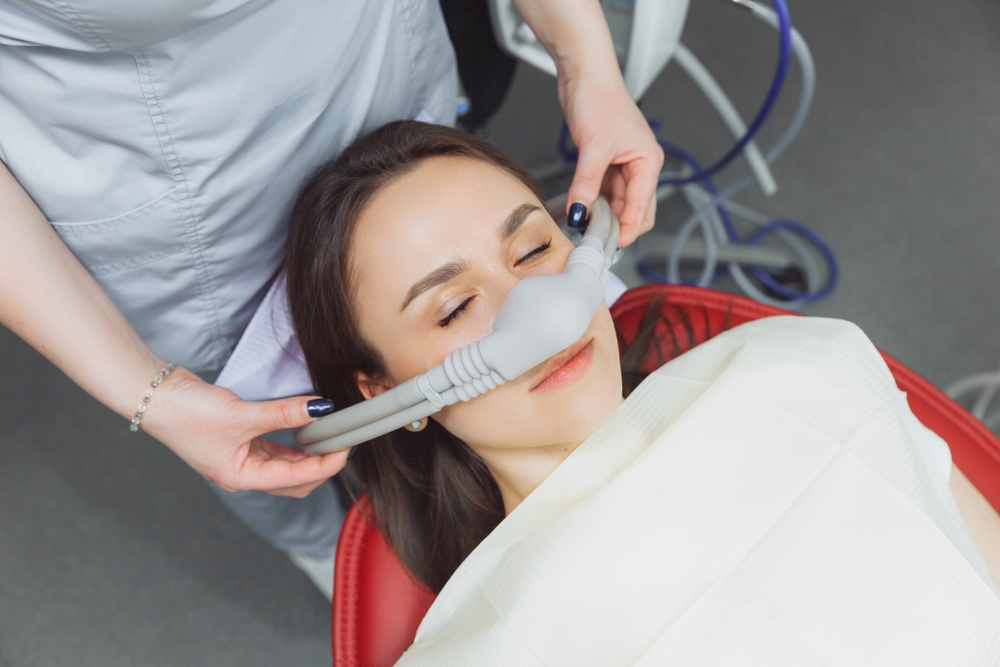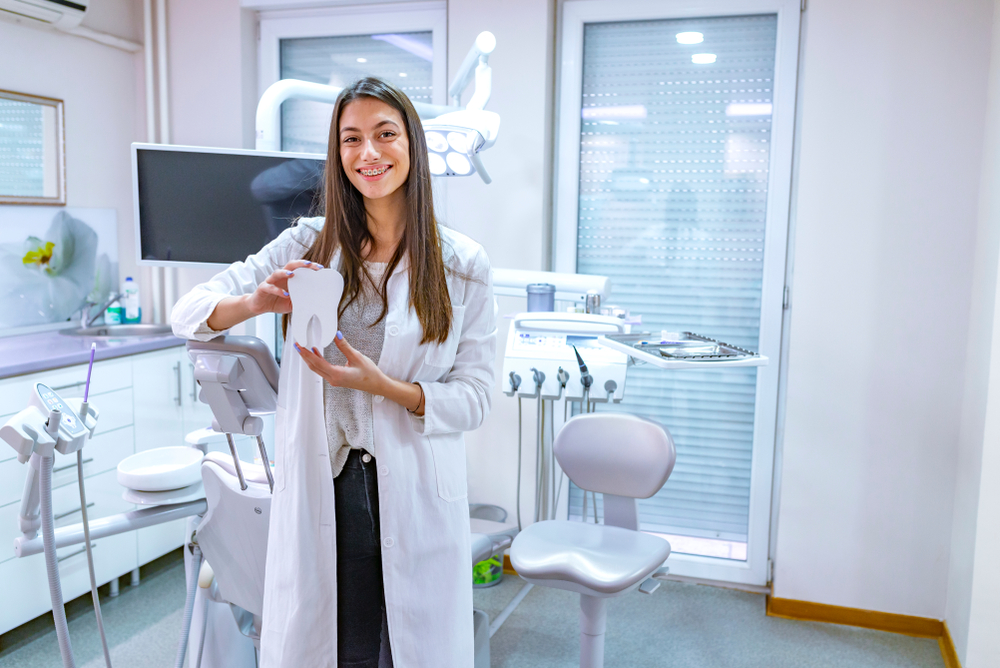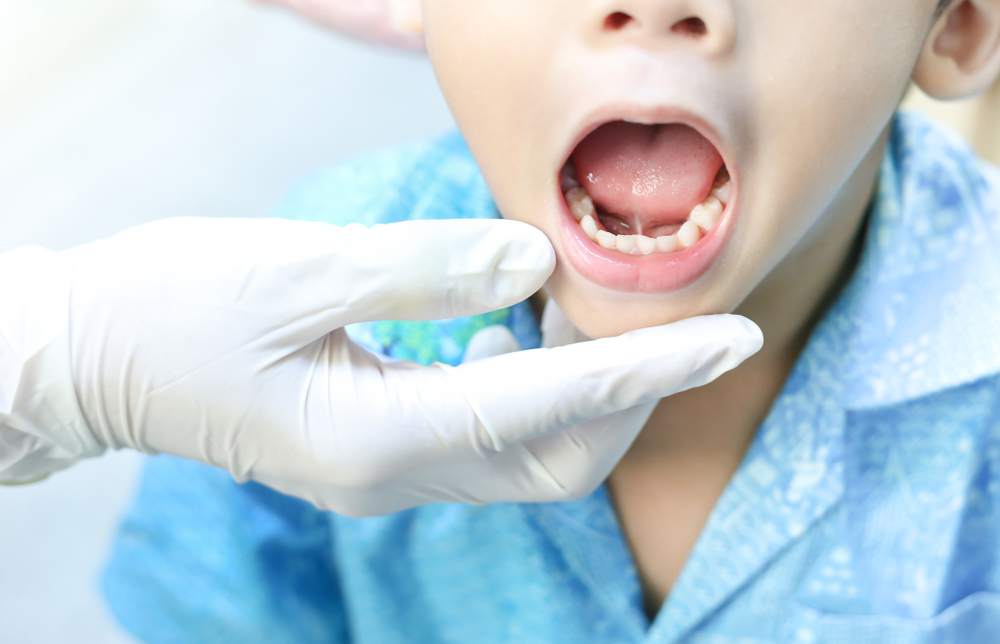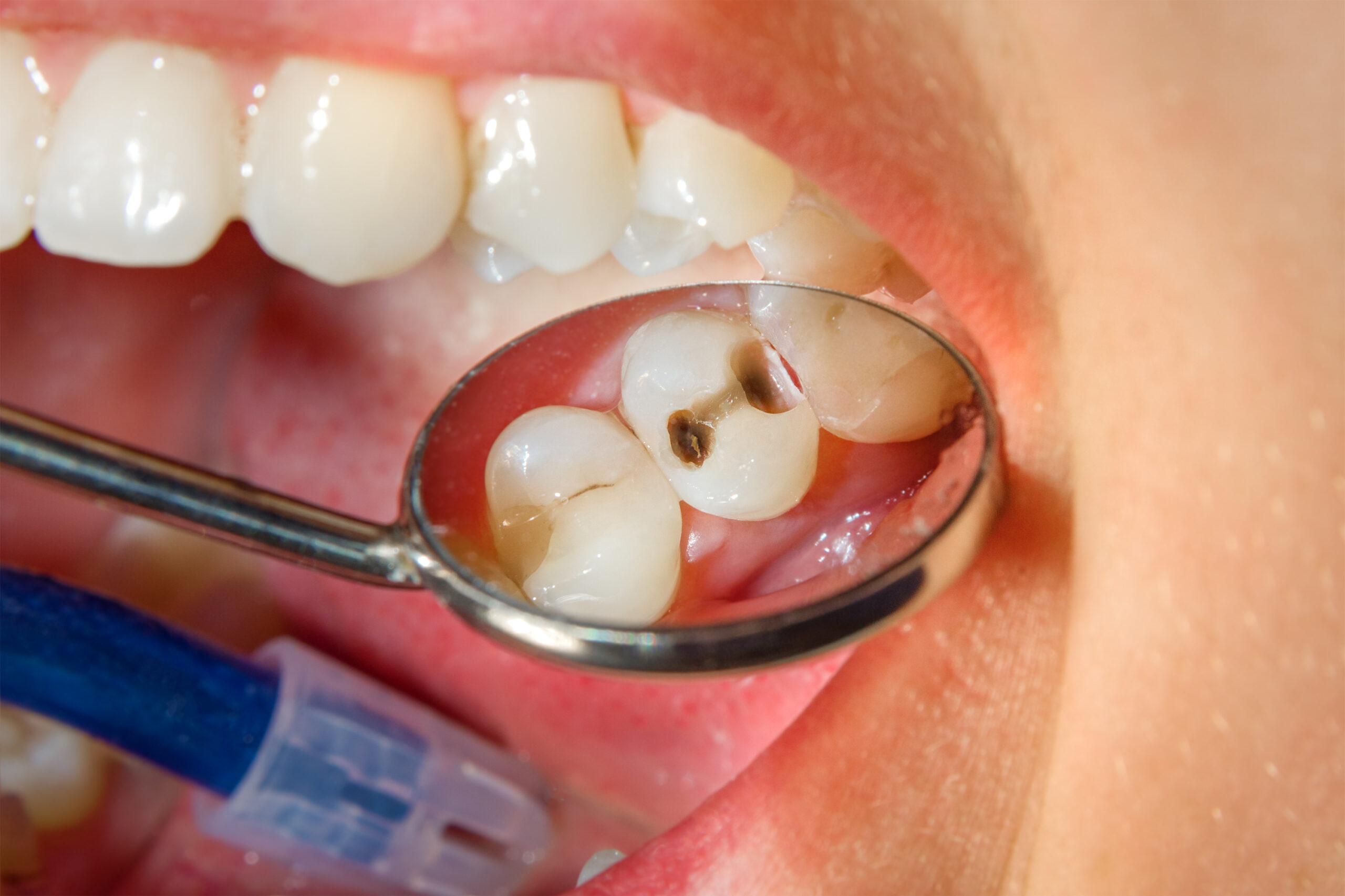As a parent, you have a long list of things to worry about regarding your child’s health and development. From their first steps to their first words, every milestone brings a mix of excitement and anxiety. One area that often raises questions is their dental health. You might wonder when you should start paying attention to your baby’s teeth and what you must do to ensure they have a healthy smile. We understand your concerns and are here to guide you through every step of your child’s dental journey. This guide will provide comprehensive information about baby teeth health in Austin so you can feel confident in caring for your little one’s pearly whites.
The Importance of Baby Teeth Health in Austin
Many parents overlook the importance of baby teeth, thinking they’re just temporary placeholders for adult teeth. But primary teeth do so much more—they help children speak clearly, chew properly, and make space for permanent teeth to come in correctly. Ignoring baby teeth can lead to pain, infections, and eating struggles, which can impact your child’s overall health and happiness. Plus, the condition of baby teeth often gives clues about future dental health, as kids with early cavities tend to have more issues as adults. That’s why starting good oral hygiene habits early is so important.
One common concern for little ones is baby bottle tooth decay, also called early childhood caries. This happens when a baby’s teeth are exposed too often to sugary drinks like milk, formula, fruit juice, or other sweetened beverages. The sugars feed bacteria that produce acid, which wears down enamel and causes cavities—usually in the front teeth, but others can be affected too. To help prevent this, avoid putting your baby to bed with anything but water in the bottle. Gently wiping their gums with a clean, damp cloth after each feeding helps, and once teeth appear, switch to a soft toothbrush and a small amount of fluoride toothpaste.
Your Baby’s First Dental Visit
The American Academy of Pediatric Dentistry recommends scheduling your child’s first dental visit when their first tooth appears or by their first birthday. At Central Park Pediatric Dentistry, we use this early visit to check for any issues, share tips for caring for their smile, and create a fun, stress-free experience.
Dr. Daniel Johnson and Dr. Adam Parker have extensive experience working with young children and understand how to create a comfortable and welcoming environment.
During your child’s first visit, we will gently examine their teeth, gums, and jaw. We will also check for any signs of early tooth decay and discuss your child’s oral hygiene habits. This is a great opportunity to ask questions about your child’s dental health. We will cover topics such as:
- Proper brushing and flossing techniques
- The role of diet in dental health
- Fluoride needs
- Teething and how to soothe your baby
- Thumb-sucking and pacifier habits
A Timeline of Your Baby’s Dental Development
Every child is different, and the timing of tooth eruption can vary. However, there is a general timeline that you can expect. Here is a breakdown of when your baby’s primary teeth are likely to appear:
- 6-10 months: The lower central incisors (the two bottom front teeth) are usually the first to erupt.
- 8-12 months: The upper central incisors (the two top front teeth) will make their appearance.
- 9-13 months: The upper and lower lateral incisors (the teeth on either side of the front teeth) will come in.
- 13-19 months: The first molars, which are the back teeth used for grinding food, will erupt.
- 16-22 months: The canines (the pointy teeth between the incisors and molars) will emerge.
- 25-33 months: The second molars will be the last of the baby teeth to come in.
By around three years old, your child should have a full set of 20 primary teeth. Keep in mind that this is simply a helpful guideline. If your child’s teeth appear earlier or later than this, it’s usually nothing to worry about. Still, if you have any concerns, we warmly invite you to book an appointment with us. We’re here to support you and your child’s dental health!
Common Concerns for Baby Teeth Health in Austin
It’s natural to worry about your child’s health, especially when it comes to their teeth. Here are a few common dental concerns parents often face and how to handle them.
Teething
Teething can make your baby irritable, drooly, and uncomfortable. Ease their discomfort by gently rubbing their gums or offering a chilled teething ring—just avoid teething biscuits and necklaces, which pose risks.
Thumb Sucking and Pacifier Use
Thumb sucking and pacifiers are normal, but if the habit continues past age three, it can affect how teeth and jaws develop. We can offer guidance or recommend a gentle solution if you’re having trouble breaking the habit.
Baby Bottle Tooth Decay
Frequent exposure to sugary drinks can lead to baby bottle tooth decay. Stick to water at bedtime, avoid long bottle use during the day, clean your baby’s mouth after feedings, and start brushing when the first tooth appears.
How to Care for Your Baby’s Teeth at Home
Good oral hygiene starts at home. Creating simple routines early helps your child build lifelong healthy habits.
Cleaning Your Baby’s Gums and Teeth
Before the first tooth appears, gently wipe your baby’s gums with a soft, damp cloth after feedings. Once a tooth comes in, use a soft infant toothbrush and a tiny dab of fluoride toothpaste—about the size of a grain of rice. Brush twice a day, and begin flossing when two teeth touch.
Choosing the Right Toothpaste and Toothbrush
Pick a soft-bristled toothbrush with a small head and replace it every three to four months. Use fluoride toothpaste with the ADA Seal—just a smear for kids under three, and a pea-sized amount for kids over three.
Diet and Dental Health
A healthy diet supports a healthy smile. Offer fruits, veggies, and cheese instead of sugary snacks, and encourage water over juice or soda.
Dental Sealants for Children
Dental sealants are helpful, slim coatings that can be put on the chewing surfaces of the back teeth—your molars and premolars. These teeth have deep grooves and pits that can be tricky to clean, making them more prone to cavities. Sealants act like a shield, sealing out food and plaque to keep cavities at bay.
The process of applying sealants is quick and painless. Our friendly team will start by cleaning and drying the teeth. Then, they’ll carefully put on the sealant, which quickly hardens to create a strong protective layer. Sealants can last for several years and are a wonderful way to help keep your child’s teeth healthy and cavity-free.
Central Park Pediatric Dentistry: Your Partner in Your Child’s Dental Health
Central Park Pediatric Dentistry is dedicated to giving your child the best care possible. Our practice offers a variety of services to support your baby’s teeth health in Austin, from preventive care to restorative treatments. Plus, with our location in Dripping Springs, Texas, we’re happy to be part of this wonderful community.
We invite you to learn more about our preventative dentistry, which includes routine cleanings and exams to keep your smile healthy; restorative dentistry, which focuses on repairing damaged or missing teeth; and emergency dentistry services, which provide urgent care for dental pain or injuries.
If you have any questions or would like to schedule an appointment, please do not hesitate to contact us at our office in Central Austin or in Dripping Springs. We look forward to meeting you and your child and helping them achieve a lifetime of healthy smiles.






